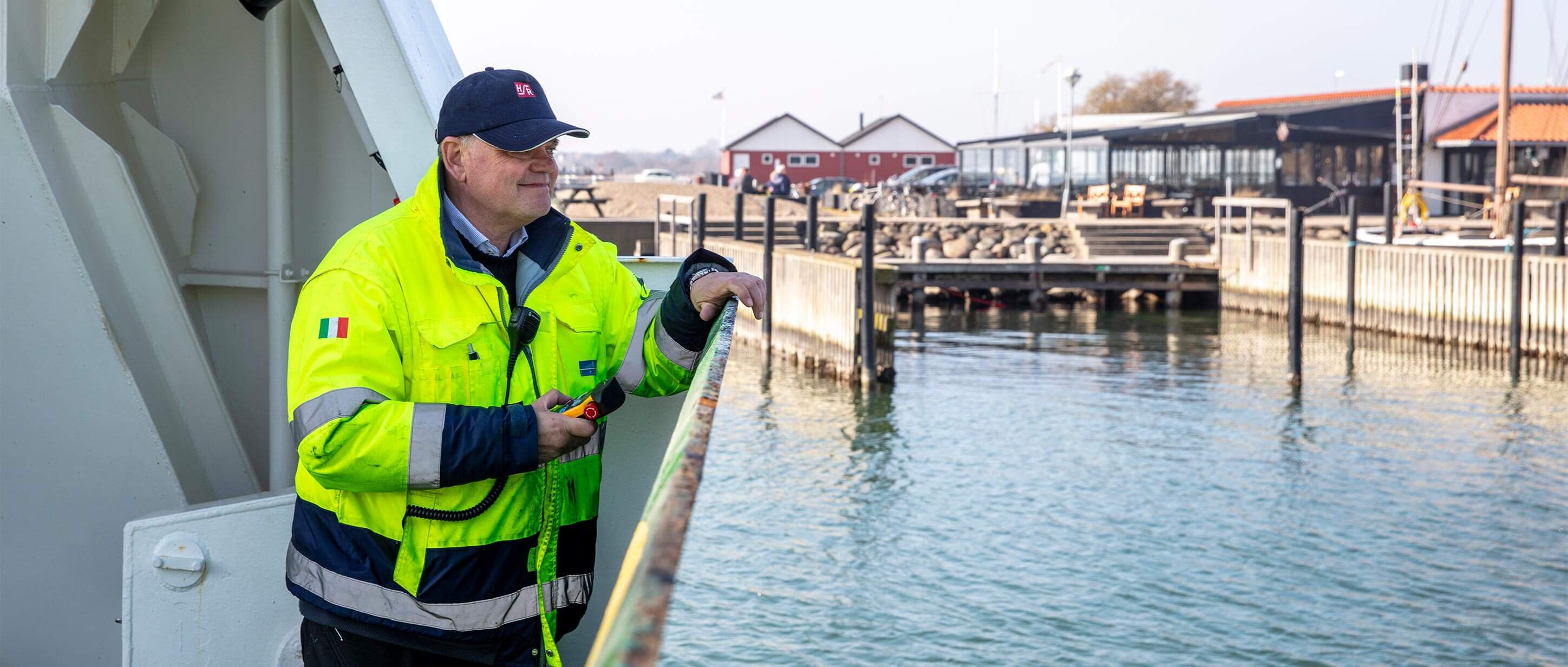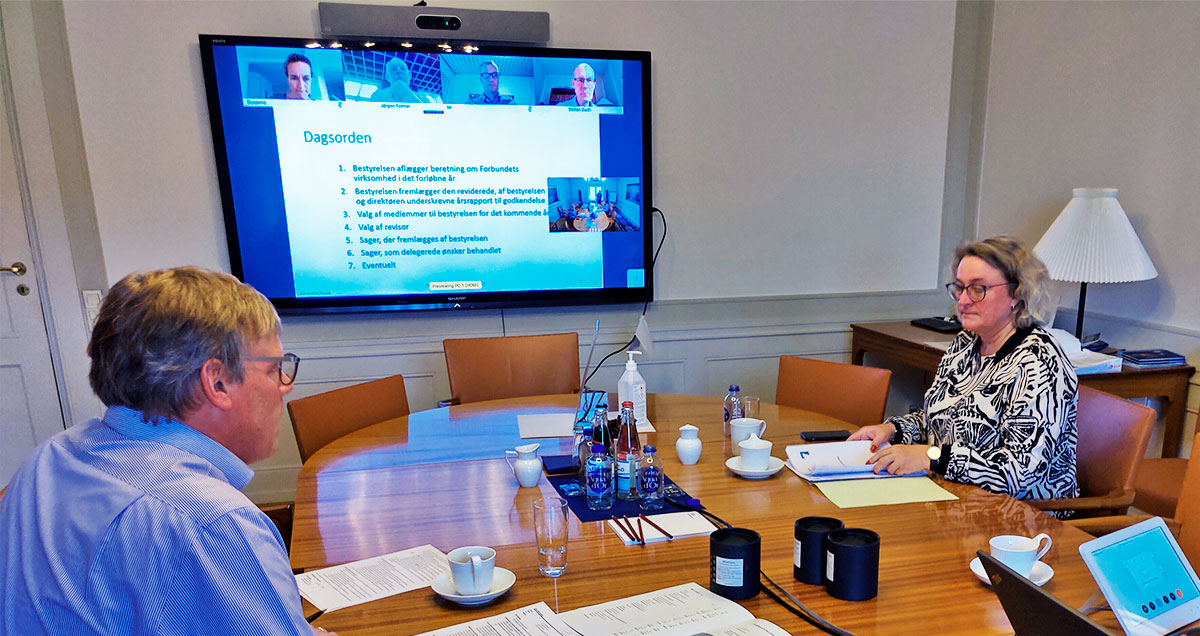Fewer seafarers in the Danish commercial fleet suffered an injury at work in 2019 than in the year before.
The number of industrial injuries reported on board Danish vessels dropped by 6% last year, according to the yearly statement from the Danish Shipowners’ Accident Insurance Association (UFDS). In 2019, 599 industrial injuries were reported, compared with 640 in 2018. This figure is also the lowest for several years.
The management of the insurance company is pleased with this positive development, although the decline in number of injuries is a poor indicator of the ultimate burden of claims.
‘Nonetheless, it is interesting that the overall figure has on balance remained stable, given that the number of insured seafarers has risen over the years,’ the chairman of UFDS, Lars Henneberg stated when presenting the board’s report for 2019. The current COVID-19 crisis meant the general meeting was held online.
Closer monitoring produces results
UFDS handles compulsory industrial injuries insurance for the crews of the Danish commercial fleet, and although shipping companies are generally operating their ships more efficiently with fewer crew members, the company saw the number of insured seafarers rise by 3% to almost 10,000 seafarers in the past year.

Mr Henneberg emphasised the insurance company’s strong focus on bringing down claims costs in the years ahead. To this end, the company has launched the first of a series of strategic initiatives.
‘As a mutual insurance company, we naturally find that claims coverage is our greatest cost item. As such, in close collaboration with the shipping companies, we will focus even more sharply on how injuries are handled. We know that the more closely we follow the course of an injury and the injured seafarer’s return to the job market, the greater impact this may have on cost development, for example,’ Mr Henneberg stressed.
One of the UFDS’s initiatives has been the hiring of a social worker to follow up on and assist injured employees. Despite the positive trend with a declining number of injuries, 2019 was a ‘challenging year’ for UFDS.
‘But we landed on our feet,’ Mr Henneberg added.
Among other things, the board had budgeted for a loss of DKK 4 million, but the final loss was DKK 5.8 million before tax. This was attributable to a negative return on the company’s investments.
New premium well received
At the turn of the year, the company introduced a differentiated premium payment system. Among other things, the new premium will be based on the categorisation of shipping companies’ vessels into four different hazard classes: cargo, offshore, passenger and tanker. The individual shipping companies’ claims statistics for the most recent five-year period are also included in the final determination of the insurance premium.
‘We wanted to create greater transparency while still maintaining a high degree of solidarity, which is in line with our philosophy of mutuality. Another aim was to ensure that a low claims level was also reflected in each shipping company’s premium. The new system has been well received,’ Mr Henneberg noted.
Apart from reducing claims costs, the board has included the launch of several initiatives in its strategy for the next three years, a move intended to optimise the company’s operations and bolster its capital as well as improve its competitive position as the shipping companies’ preferred collaboration partner.
COVID-19 – an uncertainty factor
Mr Henneberg stressed the board’s expectation that the new initiatives will put operations on the plus side in the 2020 financial statements. However, he added the caveat of the uncertainty surrounding the global COVID-19 crisis and made no secret of the fact that the pandemic may affect results in many ways.
‘One is the shipping companies’ level of activity, which is currently expected to fall. This may lead to fewer insured seafarers and thereby a decline in premium income. Our business is also highly contingent on trends in the interest, share and foreign exchange markets. I think everyone is aware of the great uncertainty currently prevailing in those markets. Last, the consequences of the disease may impact claims costs if seafarers are infected in connection with their work, so, despite all our plans and good intentions, we expect turbulent seas in 2020,’ Mr Henneberg concluded.








